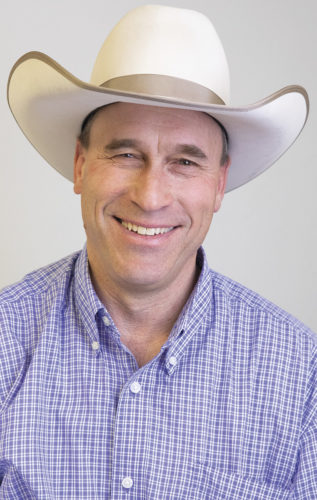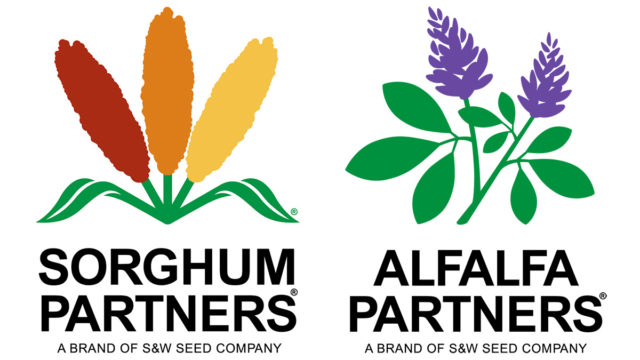I can’t remember his name, or where he came from, but he must have been a pretty good peddler of horseflesh because not all of those ponies left on the same truck they came in on.
Up to that point, my dad, like a lot of other ranch dads, was not shy in stating his disdain for Shetland ponies. The way I remember it, we were never going to have one of the little turd-makers on the place.
They had a reputation for being rank and cantankerous, and the kids ended up outgrowing them before you could get them broke. (And this was before Shetland ponies were ruined by the ridiculous miniature horse craze.)
Reputation notwithstanding, we eventually ended up with three Shetlands on the place. There’s a story behind the arrival of each one, but it all started with the pony peddler in the bobtail truck.
My twin sister and my cousin, Michael, who was five months younger than we were, spent the better part of three or four summers riding those three ponies around the ranch and our hometown, doing everything from Shetland match-racing to taking the milk cows to and from the cow pasture every day.
The ponies were never shod nor saddled. It was one thing for our dads to relent and allow the ponies on the place, but they certainly were not going to waste a cent on pony tack.
For pasture, we staked them out along the local roads all summer. If we didn’t learn how to ride, we at least learned responsibility. Those ponies, Dusty, Indian and Reno Chick, carried us three kids far enough to at least earn a place somewhere close to heaven.
When I think back on those years and experiences, I’m reminded of just how lucky those few of us who are raised on family farms and ranches really are.
Because my dad and my uncle were running the family place, and my mother’s brothers had a place nearby, we always had cousins and extended family around. I grew up with four sisters.
My little brother didn’t arrive until I was 15, so I had to learn the art of being rowdy and obnoxious from my five cousins.
Two or more of them were always in some sort of a brawl. We had a lot of “it seemed like a good idea at the time” moments. What would start as a cow-pie chucking contest would turn into a BB gun fight only after we couldn’t inflict enough pain with the rock fight.
Michael and I were the youngest, so we were often the subjects of some sort of abuse masquerading as fun or a toughening-up charade.
Since we had a little herd of dairy cows, we always had a fresh supply of dairy calves of various sizes to ride. We’d rope the biggest ones and crowd them into a corner so we could get a makeshift bull rope around them.
We’d ride them as long as we could get them to buck. In truth, the calves were probably too worn out to buck much by the time we’d get them caught and cornered, but we still did our best Larry Mahan impressions.
We all grew up spending a large part of the summer in the hay fields. Before we were big enough to buck bales, Michael and I would roll bales closer together so the older guys could throw them on the flatbed wagons.
We always had spare time while they unloaded the wagons in the stackyard, so on one hot day, we decided we’d take a dip in the creek while we waited for the next empty wagon. Of course, we didn’t dare get our clothes wet, so we left them on the bank.
Kelly and Lloyd, Michael’s older brothers, figured it wasn’t fair that we got to screw around while they worked, so they stole our clothes while we were in the middle of the creek.
We weren’t big enough or smart enough to get our clothes back from them, so we ended up riding the ponies most of the way home – bareback and bare-butted – before they showed a little mercy and gave us our underwear for the last half-mile.
The irony of family farms is that fondness for the land, the people and way of life can lead to the worst kinds of battles. As generations expand, there often isn’t enough land and capital to support everyone who wants to stay.
Something has to give and someone has to leave. Even if a sibling or child wants to leave, there is part of him that will always want to go back.
Home to a farm or ranch kid, for better or worse, has deeper roots and a stronger pull than most people in the world can comprehend. It’s our blessing and our curse.
The best thing that can happen is that those lucky few that know and have felt the bittersweet bonds of the land will hold fast to the values that are ingrained in their souls, if not the land itself.
When all is said and done, you can’t take the land with you anyway. And I think it’s better to leave a legacy of hard work and honor for your family, regardless of where you live, than it is to leave them the best ranch in Montana. But it sure would be nice to be able to leave both. FG










